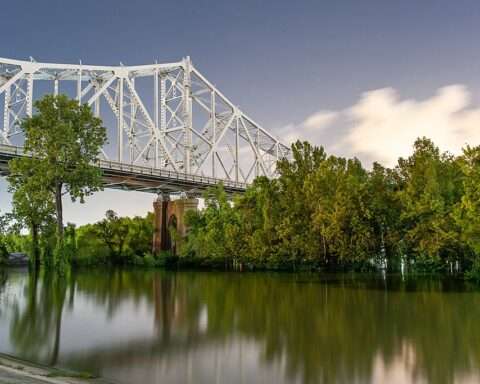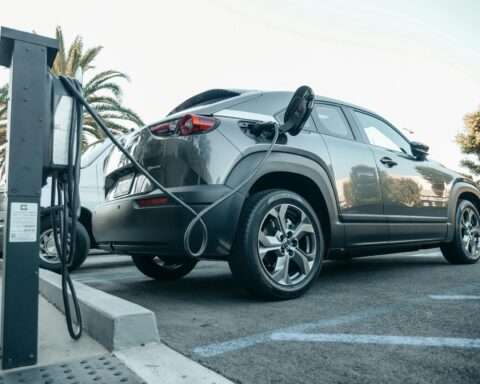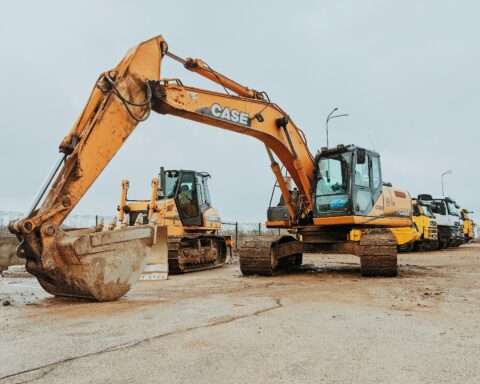The city of Fort Worth will use $2 million to develop a network of sensors to monitor and model micro-weather conditions near the Fort Worth Smart Port. Smart Port is a city-sponsored laboratory that develops and deploys transportation technologies, such as autonomous vehicles (AV), drones and air taxis.
Fort Worth was the sole Texas city out of 34 recipients that received a grant from the Strengthening Mobility and Revolutionizing Transportation (SMART) discretionary grant program. The U.S. Department of Transportation (USDOT) awarded $54 million to support projects involving smart-community technologies and systems that improve transportation efficiency and safety.
The funds are part of Stage 1 of the SMART grants program, providing recipients with up to $2 million for planning and prototyping. As part of the project, Fort Worth will deploy a series of ground, low altitude and roadway sensors to monitor and model micro-weather conditions and environments on freight routes.
These microclimate sensors will provide precise, real-time weather data that can be shared with AVs. Vehicles can then adapt to changing weather conditions and make informed decisions designed to prioritize operational safety and reliability. Weather conditions such as rainfall and fog can heavily affect how effective AV sensors can be. This can lead to inaccuracies affecting vehicle performance and accuracy.
Severe weather conditions can present severe dangers on America’s roadways, impacting visibility, wheel traction and driver awareness. While Fort Worth’s weather-sensor pilot program will only apply to AVs, future deployment of similar technologies for standard vehicles will be able to warn drivers of roadway dangers well before an accident takes place.













